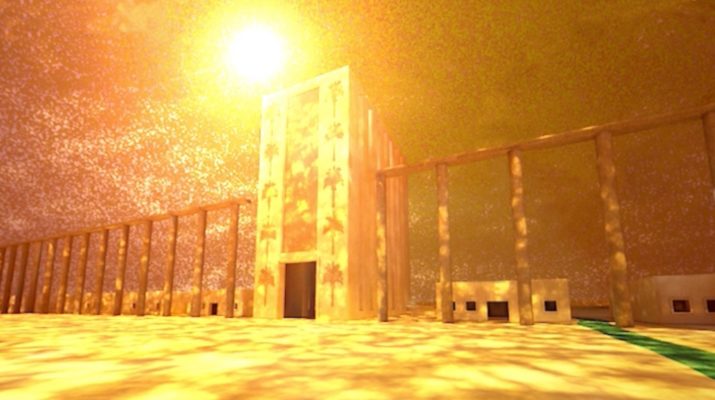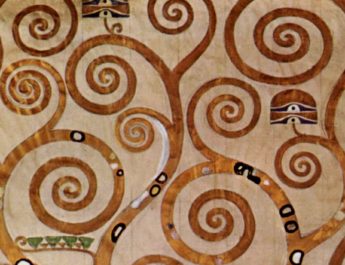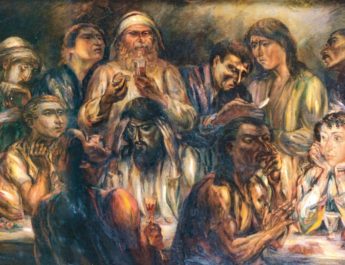Psalm 118:19-23
Narrative Lectionary 336
19 OpenA to me the gatesB of righteousness,C
that I may enter through them
and give thanksD to the Lord.E
20 This is the gate of the Lord;F
the righteousG shall enter through it.
21 I thank you that you have answeredH me
and have become my salvation.I
22 The stoneJ that the buildersK rejectedL
has become the chiefM cornerstone.N
23 This is the Lord’s doing;
it is marvelousO in our eyes.P
Image credit: “Ezekiel’s Vision of the Temple: Part 4” by Biblia Prints.




